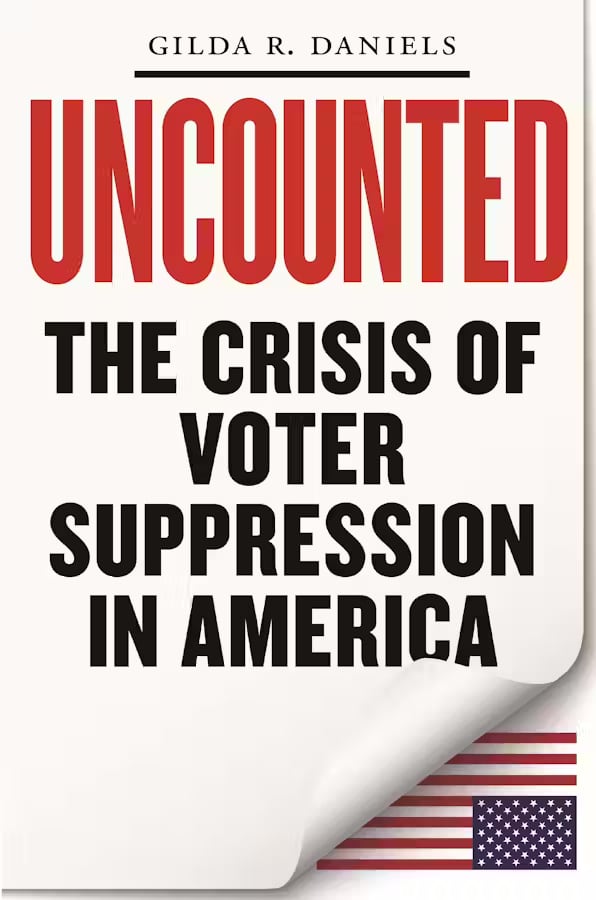Renewed Efforts to Limit Voting Rights, Suppress Votes (2000 – 2020)
As the Republican Party shifted increasingly to the extreme right and its power grew in the states and at the federal level, party officials renewed efforts to suppress the Black and Latino vote through a range of tactics, often citing voter fraud as their rationale despite a lack of evidence that voter fraud exists at any significant level. Tactics used by Republicans during this period included voter purges, enactment of strict voter ID laws, poll closings, voter intimidation, and extreme gerrymandering.
2000
Florida purges eligible voters
Under Republican Governor Jeb Bush, the state led an effort to enforce a law that barred ex-felons from voting. As a result, Florida purged 58,000 names from voter rolls in the 2000 presidential election. Republican candidate George W. Bush, the governor’s brother, won that controversial election when the Supreme Court declared him the winner in Florida. The margin of victory in Florida was 537 votes. The following year, an investigation found that at least 1,100 eligible voters had been wrongly removed from the rolls. Eventually, a court-ordered analysis determined that more than 12,000 eligible voters may have been wrongly purged and barred from voting.
2005
Report supports new photo ID requirements
The Carter-Baker Commission Report on Election Reform made several controversial recommendations. Most significantly, it advocated for the requirement that a photo ID be presented when voting as a means to combat voter fraud. The Brennan Center for Justice and other voter advocacy groups opposed this and other recommendations, citing a lack of data that voter fraud occurred at any significant level and pointing out that many people lacked the need for and the convenience of obtaining a photo ID. The number of states with strict voter ID laws began to rise soon after the report was released.
2013
Supreme Court eliminates federal oversight of states’ election laws
The Supreme Court decision in Shelby County v. Holder essentially gutted the VRA and eliminated federal oversight of state and local jurisdictions with a prior history of discriminatory behavior. Since this ruling, The Leadership Conference on Civil & Human Rights has reported that “courts have found intentional discrimination in at least 10 voting rights decisions.”
2017
Decades-old ban on Republican election practices lifted
A US District Court order that banned the Republican National Committee from engaging in improper and discriminatory practices at the polls was allowed to expire at the end of 2017. In a 1981 lawsuit, the Democratic National Committee successfully argued that the Republic National Committee had improperly removed people in communities of color from the voter rolls and had hired off-duty police officers to patrol minority-dominated precincts in a manner that the Court agreed was designed to intimidate minority voters. Originally instituted in 1982, the decree was modified in 1987 and 1990 after courts found instances where the RNC had violated the ban. The court found another violation in 2004.


